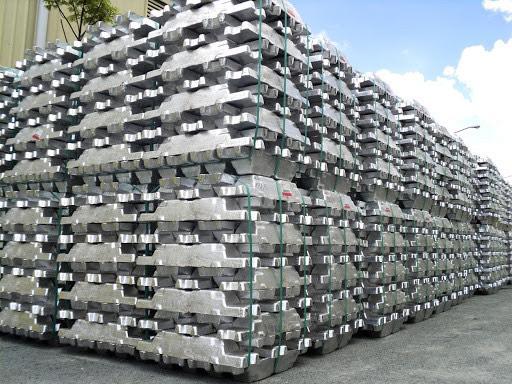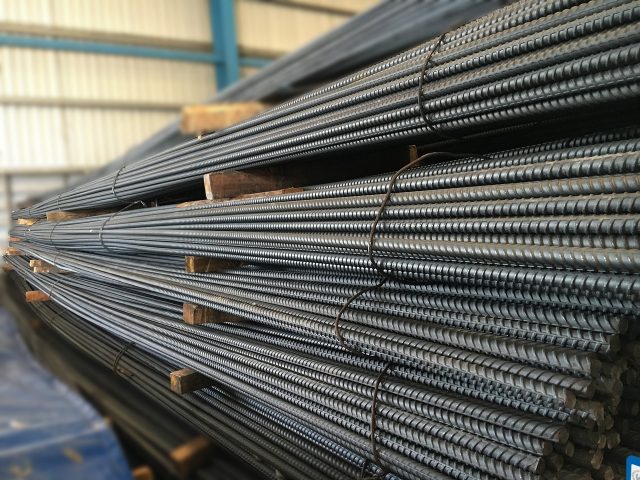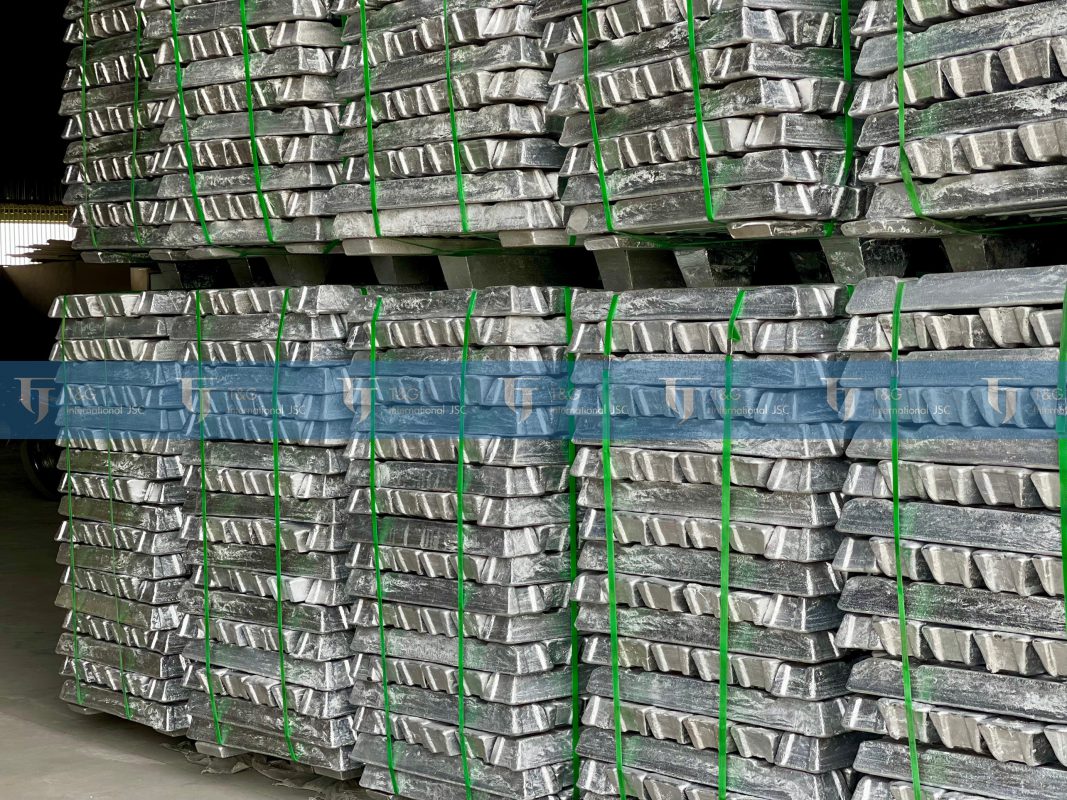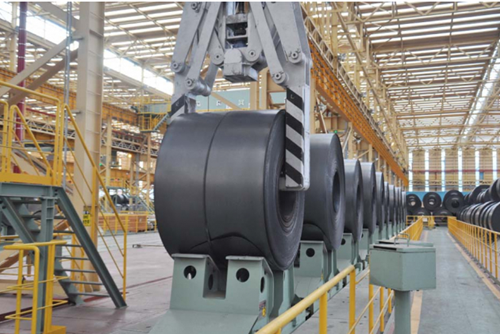
The fact that commercial banks are temporarily suspending credit for the real estate lending sector has had a great impact on the psychology of people wishing to buy a house, making the dream of buying a house increasingly distant.
In the past few months, a number of banks have continuously announced to tighten credit for the real estate lending segment in response to the policy of risk control in this field. Specifically, Sacombank has written to the entire system of branches and transaction offices about controlling credit growth in 2022, especially in the real estate sector.
Another bank, Techcombank, at the end of March also announced to control the disbursement limit for loans to buy real estate with certificates and secondary real estate purchases. Specifically, the disbursement of loans to buy real estate will be paused until the end of the first quarter of 2022, the disbursement will continue to be carried out in the second quarter of 2022.
Most recently, at a project in Phu Quoc, there was also a sudden notice for agents to transfer personal loan packages for homebuyers from MB Bank to other banks. Specifically, the notice states: “As of March 31, 2022, for customers’ personal loan package documents at MB Bank without a notice of loan approval, we request the agent to advising customers to transfer documents to other banks as designated by the investor such as Vietcombank, VPbank, Vietin Bank from April 1, 2022.
In addition to the above banks, many banks are also restructuring real estate loans. If in the past projects were easy to get loans from banks, now the conditions for capital financing are somewhat stricter.
In fact, the policy of some banks is to only tighten loans to those who bring money to speculate, but still continue to lend to people wishing to buy or repair houses. However, it will be difficult for banks to determine who has real needs and who borrows for investment. Therefore, many people with real home loan needs will be affected, when it is equated with a speculative loan, making it difficult for them to get a loan.
Specifically, when hearing the news that banks are tightening real estate credit, many people who want to buy a house are more cautious. Ms. Lan Huong (Hanoi) said she is in need of buying an apartment on installments. However, if credit is tightened, she is worried that getting a bank loan is difficult and the procedures are complicated. “The supply is scarce, it is difficult to find an affordable project, now homebuyers are more worried about finding out if the project will be granted credit by the bank. The loan conditions whether they can meet the requirements. Is it enough?” Huong said.
Not yet buying a house, Ms. Huong still has the right to choose, but for many customers who have signed a contract and are waiting for the bank to disburse, they are also worried. Some customers reflected that right before the time of signing the home loan contract, they received a notice from the bank about the change of the loan interest rate, the notice of the change of the funding bank.
For example, a project in Hanoi informed its borrowers with a preferential interest rate in March at a fixed rate of 7%/year for the first 1 year. But now the interest rate has increased to 8%/year, causing customers to be disappointed. The reason is because banks changed policies, tightly controlled capital into real estate, including home loans with individual customers, in which increasing interest rates was one of the measures to control.
Not only increasing interest rates, lending conditions to many banks are also stricter, many banks also stop disbursing to review loans. A customer who bought a project in Quang Binh said that recently, a bank employee who financed the project suddenly called to inform that the bank had stopped reviewing the customer’s loan application, making all financial plans of the customer. This plan fell through.
As noted, after a number of banks tightened capital for real estate loans, the interest rate for home purchase and repair loans at banks was from 0.5 to 1.5%/year as customers shifted to borrow at banks. banks still have “room” for real estate loans. Some bankers said that in the near future, the appraisal and disbursement process will take a long time, even if the interest rate may be a few percent higher than before due to the local increase in demand for loans in these banks.
According to experts, currently borrowers for real estate speculation only account for a small proportion, while the demand for loans to own a house to live in and long-term real estate investment is still accounting for a large proportion. big. Many people have been squeezing for years, recently when they wanted to make a “life decision” to buy a house to live in, they suddenly encountered difficulties when the bank did not lend the outstanding amount. Therefore, banks and credit institutions need to evaluate and screen each object and risk level to lend, so loans should not be equated.
Dr. Vu Dinh Anh, a financial economist, acknowledged: “Strict real estate credit, but the more important question is how to tighten it and who to tighten it. If we are not careful, we will have to prove it. consequences that are difficult to control”.
According to economic expert PGS-Dr Dinh Trong Thinh, in the trend of tightening credit flowing into real estate, borrowers buying houses to live in may be affected, because loan interest rates are expected to be higher and disbursement will be difficult. than. Real estate can be a safe lending field because it has collateral and if you borrow to buy a house, people are often in real need, but in the context of capital flows, the State Bank is oriented to production and business fields. , supporting businesses facing difficulties due to the epidemic, house and land credit will be limited.
According to Mr. Thinh, the real estate sector brings many advantages in the economy. The tightening of affordable real estate credit has a selective way. Because if credit is suddenly locked, many unfinished projects will face difficulties in liquidity, businesses cannot repay loans, banks face the risk of bad debts, which will take many years to handle.
Mr. Le Hoang Chau, Chairman of Ho Chi Minh City Real Estate Association (HoREA), also stated that, in fact, real estate loans are still the most profitable loans of banks. Lending to 6 priority areas with an interest rate of no more than 6%/year while real estate is up to 11-12%/year, excluding other amounts. Therefore, it is not easy for banks to ignore the lending segment that brings the highest profit.
With real estate projects developed by reputable investors, clean land fund, full legality, etc., the affiliated banks to lend to customers is still normal. This is also the type of real estate that buyers feel secure because there is a link between the project investor and the banking system for lending.
T&G Import-Export Joint Stock Company
Address: 352 Hue Street, Le Dai Hanh Ward, Hai Ba Trung District, Hanoi
Hotline: 02473010868
Email: hrm@tginterjsc.com
Website: http://tgimportexport.com



















